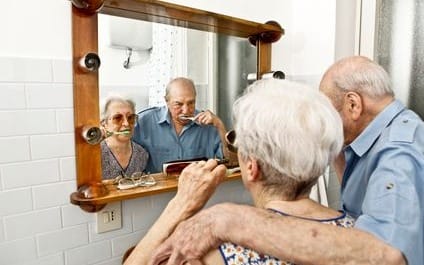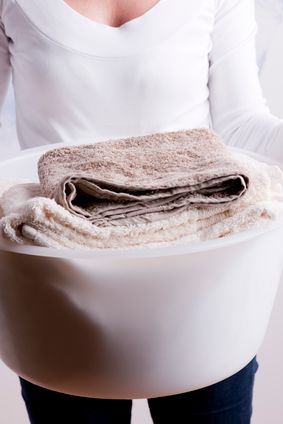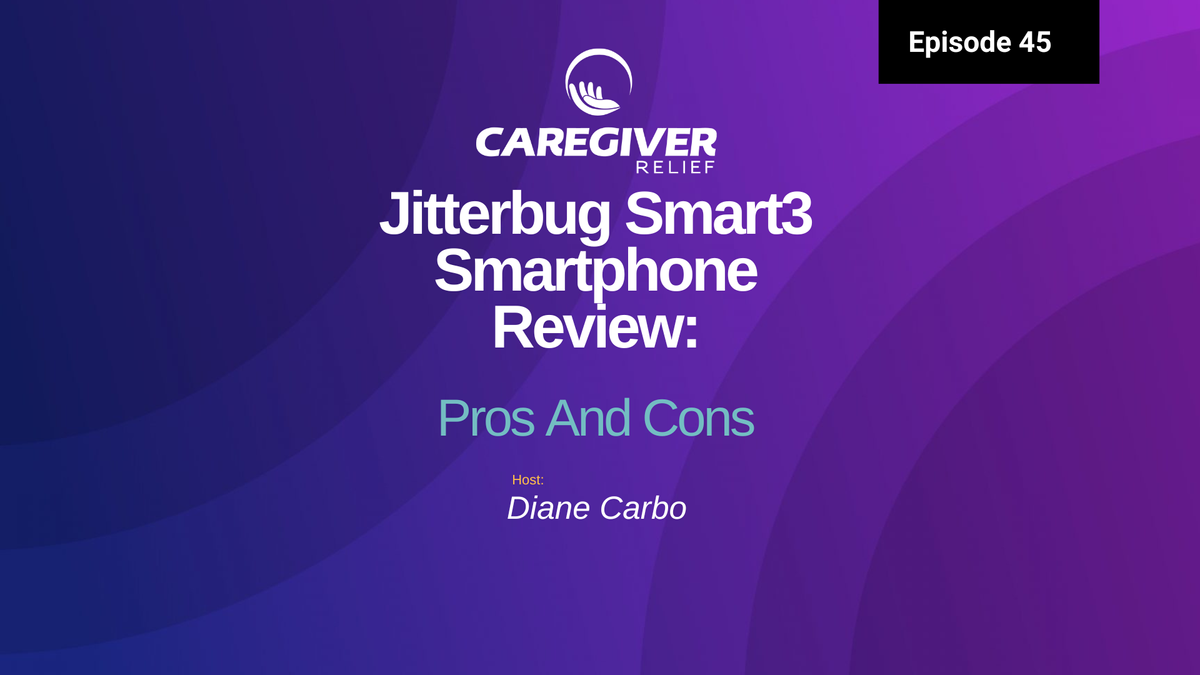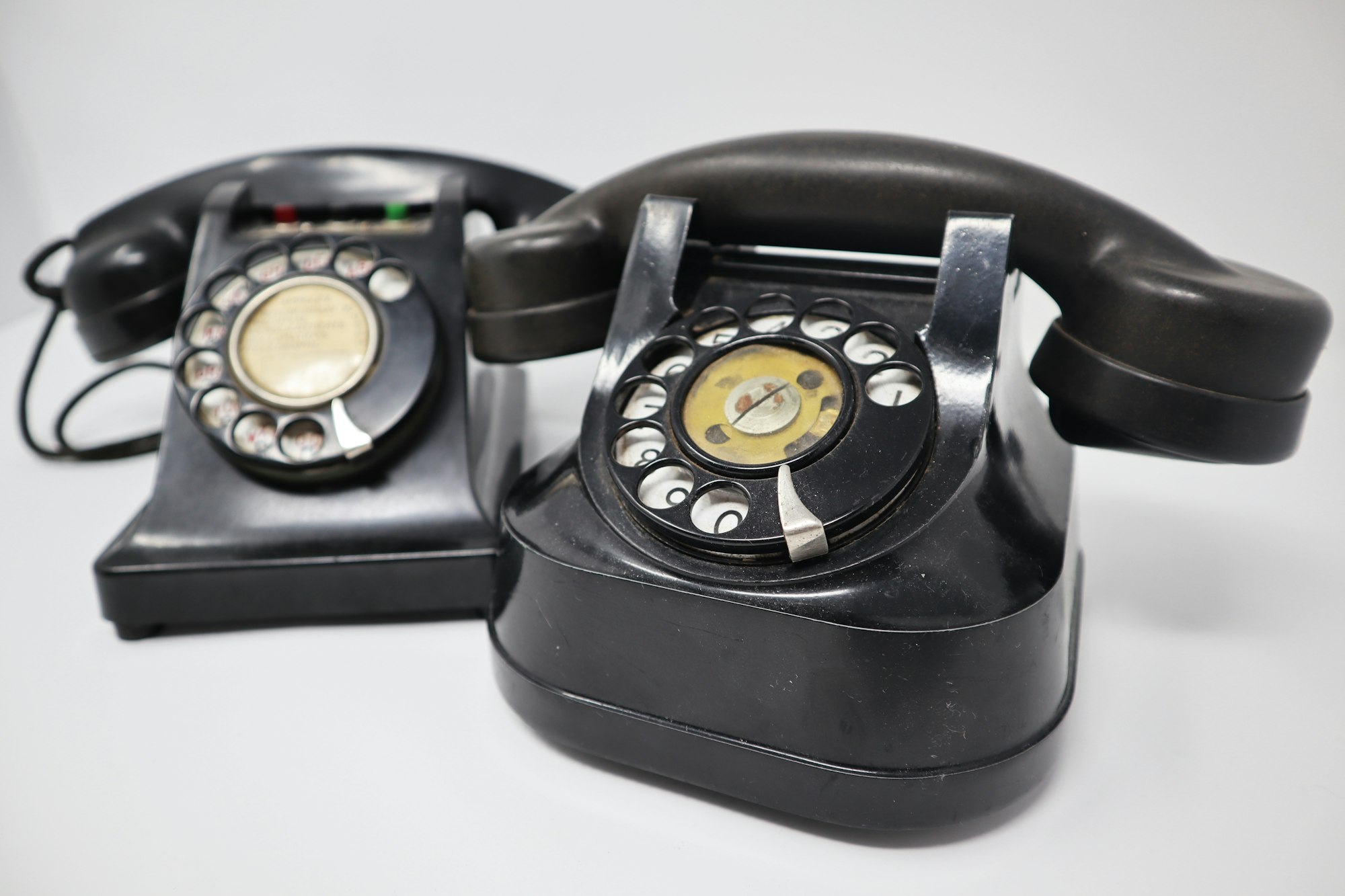Encouraging Cleanliness: Dealing with Dementia Bathing Issues
Learn about the dementia bathing issues that can arise with seniors and how you can encourage cleanliness.

Bathing issues can arise when caring for individuals with dementia or seniors who face challenges maintaining cleanliness. In this article, Judy Morton explores the difficulties faced by a father-in-law (FIL) and mother-in-law (MIL) in maintaining personal hygiene, the potential risks associated with neglecting cleanliness, and the actions taken to address these concerns.
FIL's Perspective:
FIL's reasoning for not changing clothes regularly stems from his belief that since he no longer goes out or engages in activities, he doesn't get dirty. However, it is crucial to understand that his previous bowel incontinence issues, though improved due to medications, may resurface in the future. Furthermore, bladder incontinence is commonly experienced in later stages of Alzheimer's disease, making regular changes of clothes a necessity to maintain hygiene and prevent potential skin breakdown and infections.
MIL's Challenges:
MIL has expressed discomfort with showers, leading her to refuse them altogether. Additionally, she finds it cumbersome to change her underwear and pajamas, choosing to remain in bed most of the time to avoid getting dirty. Nonetheless, recent evidence suggests that urinary incontinence has become a growing concern, as observed through the state of her undergarments. Additionally, her frequent use of Milk of Magnesia appears to have affected her bowel control, creating further hygiene challenges.
Importance of Maintaining Hygiene:
Persistent wearing of soiled underwear can worsen the risk of skin breakdown and lead to infections. Pressure sores, classified into five different stages, present a severe consequence of inadequate hygiene. In the most extreme cases, known as "Unstagable" pressure sores, deep tissue damage occurs, causing the surrounding skin and tissues to turn black and resulting in excruciating pain. Witnessing such conditions can be distressing, making it crucial to prevent them in ourselves and our loved ones.
Seeking Solutions:
Recognizing the urgency of the situation, Judy Morton recently visited the assisted living facility (ALF) where her in-laws reside to discuss their concerns with the nurse practitioner and the director. The aim was to explore available options for ensuring regular changes of clothes for her in-laws.
Discussion with Healthcare Professionals:
During the visit, the nurse practitioner emphasized the necessity of cleanliness and regular clothing changes to both MIL and FIL. Building upon this, Judy shared her personal observations, recounting the treatment her uncle received for unstagable pressure sores. She stressed the terrifying nature of these wounds and the excruciating pain they cause, hoping to instill the importance of hygiene and preventative measures.
Taking Action:
In collaboration with the ALF management, arrangements have been made for an aide to assist FIL in changing his clothes every day. Additionally, Judy discussed this issue with the hospice care manager responsible for MIL's well-being. By implementing these measures, they hope to improve their hygiene practices and prevent potential complications arising from neglecting cleanliness.
Conclusion:
Addressing bathing issues and maintaining cleanliness in individuals with dementia or seniors requires understanding and proactive measures. By educating our loved ones about the importance of personal hygiene, seeking professional advice, and taking necessary actions, we can mitigate the risks associated with neglecting cleanliness. Ensuring regular changes of clothes, especially for individuals with incontinence issues, is vital to prevent skin breakdown, infections, and the development of severe pressure sores. Let us all prioritize cleanliness and promote a healthy and comfortable living environment for our loved ones.
You might also like this article:












